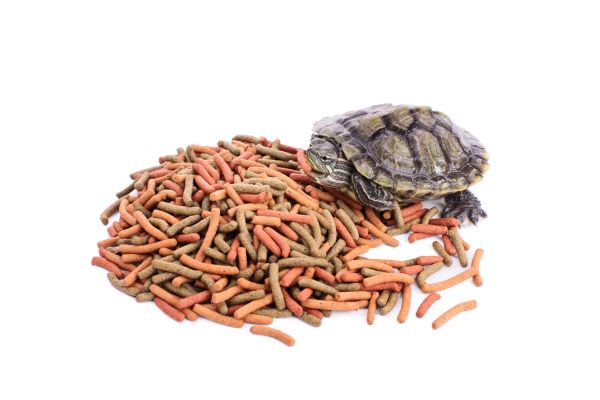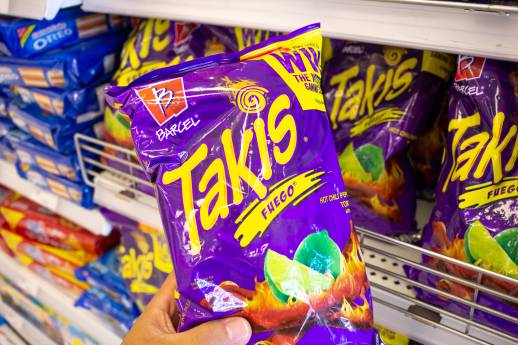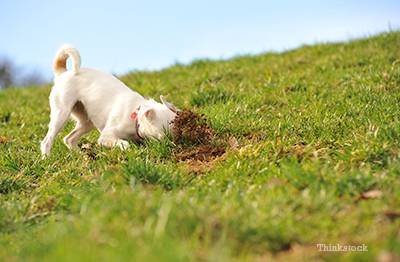Many pet parents love to have more than one type of pet in their homes. Some may go for traditional pets such as dogs, cats, birds, small animals, fish, and more. A few pet parents may even have one or more dogs and a turtle, too! What a combination! But it can work!
Connect with a verified veterinarian in minutes. Licensed vets are available 24/7 to answer your questions. No need to worry about your furry family member.
Dogs have learned to live with many other types of animals over the time they’ve lived with humans. It’s always best when the dog has been properly socialized. Some dogs, especially those bred to hunt small animals, may not do well living with other small pets, including turtles.
It’s always best to never leave your turtle and dog alone. Instead, supervise them when they’re together. This way, both will stay safe and happy!
Dogs and turtles can definitely live together; however, what happens if your dog eats some of the turtle’s food?

What’s in Turtle Food?
Generally, most commercially prepared turtle foods contain the following:
- Fish meal
- Blood meal
- Poultry
- Byproduct meal
- Soybean meal
- Wheat
- Wheat flour
- Fish oil
- Soy lecithin
- L-ascorbyl-2-polyphosphate
- Choline chloride
- Vitamin E
- Niacin
- Calcium pantothenate
- Riboflavin
- Thiamine
- Mononitrate
- Biotin
- Pyridoxine
- Hydrochloride
- Folic acid
- Vitamin A
- Vitamin D3
- Vitamin B12
- Manganese sulfate
- Zinc sulfate
- Ferrous sulfate
- Copper sulfate
- Sodium selenite
- Potassium iodate
- Propionic acid
Thankfully, these ingredients are not toxic to dogs.
My Dog Ate Turtle Food, Now What?
If your dog has eaten only a small amount of turtle food off the floor, then he should be OK. On the other hand, if he’s eaten an entire container of turtle food, your fur baby may not feel too good. He may vomit and have diarrhea, which should be short-lived. It is always best to call the vet and provide them with a list of ingredients in the turtle food so that they can check there is nothing in them that could pose a risk to your dog.
Another issue is that some dogs are allergic to fish, although this is uncommon. For some dogs, even a small amount of fish could set off an anaphylactic reaction, while other dogs may develop itchy skin and rash.
If the vomiting and diarrhea last longer than 12-24 hours or he develops other symptoms, then it’s best to call the vet. If you need to take your dog to see the vet, then be sure to bring the turtle food packaging along if possible. The vet will be able to read the ingredients and ensure there are no toxins in the food that could harm your dog.
In most cases, dogs who eat turtle food should be OK. And if they need to see the vet, the prognosis is excellent. They should make a complete recovery! And in the future, they may avoid turtle food like the plague!
Connect with a verified veterinarian in minutes. Licensed vets are available 24/7 to answer your questions. No need to worry about your furry family member.

Gemma Cliffin BSC BVSC MRCVS
This article has been reviewed and approved by an independent Veterinarian: Dr Gemma Cliffin MRCVS is an experienced small animal vet who combines her love of writing alongside working in practice. Since her graduation from the University of Liverpool in 2014 she has worked in a wide variety of roles including first opinion practice, as a night vet and as a locum vet. She has also spent time working at a charity clinic in the Cook Islands which was a challenge but also immensely rewarding. She loves all aspects of veterinary work, but she especially enjoys medicine cases and diagnostic imaging. She is passionate about pain-management, particularly in her more senior patients. She currently works in a first opinion small animal practice in North Yorkshire where she deals with both routine and emergency cases.
Review symptoms, medications & behavior to keep your pets healthy with a Vet Online in just minutes.
Ask a Vet Live Now





